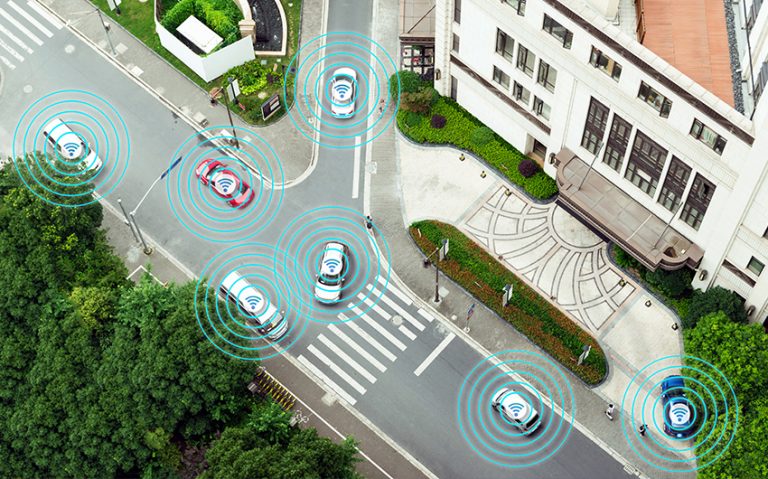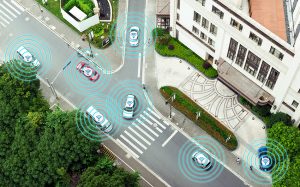Has Samsung seen the light?
- Google and Samsung are in discussions that could see Google take over more of the core software functionality on Samsung devices making them more attractive to users and potentially more profitable for Samsung.
- Should this deal come to fruition (and to the degree that I have long advocated (see here and here)), this would mean that Samsung devices would become almost pure Google Android.
- This could have a significant and positive impact on the appeal of Samsung’s smartphones to its users as its efforts to provide an app store, digital assistant, health app and so on have been miserable failures.
- In fact, Samsung’s Bixby digital assistant is so bad that I have long viewed Bixby as a reason not to buy a Samsung smartphone.
- Despite the atrocious feedback on its apps, Samsung has pressed ahead with significant investments in AI and software because it has a bad case of what I refer to as engineering disease.
- Engineering disease relates to a condition where the desire to solve technical problems and do things oneself overrides business sense.
- Engineers often get so excited about whether they can develop something that they forget to ask whether they should develop that something.
- Engineering disease almost always ends in disaster and in the case of Samsung and Google, it has prevented them from doing far more together.
- Google also has a very bad affliction of this condition as it remains mired in the belief that it can challenge Apple by making hardware itself.
- Despite billions of dollars being poured down the drain and a series of awful acquisitions, it is no closer to challenging Apple than it was before it started trying to make hardware.
- Google is terrible at hardware and Samsung is terrible at software which is why a very close working relationship is the only way these two can take the fight to Apple.
- Samsung’s hardware prowess is indisputably world-class while Google has the most widespread digital consumer ecosystem by a wide margin and leads the world in terms of AI.
- Consequently, a close relationship would see the best services and AI that Google has to offer combined with some of the best hardware available which has a much better chance of challenging Apple than anything each company tries individually.
- This relationship would probably involve a significant increase in the payments that Google makes to Samsung unless some form of exclusive arrangement is reached.
- For example, if Google’s newest and most exciting features were made available on Samsung phones 6-9 months before being made available elsewhere, this would add significant differentiation for Samsung outside of its excellent hardware.
- I suspect that if a deal is done as a result of these discussions, it will start small (eg just search and assistant) and then progress further should the new experience be well received by users.
- A further benefit for Samsung would be that it can cut or reallocate the money it has wasted on its own services to projects that will deliver a return or just give it back to shareholders in the form of higher profitability.
- I continue to think that the best route for both Samsung and Google is a very close co-operation and the fact that Samsung is even considering this means it has realised that its own efforts are not delivering the results desired.
- This gives me a glimmer of hope that Samsung is starting to recover from its affliction resulting in a more pragmatic and profitable strategy and company going forward.
- I can see myself becoming positive on Samsung once again.










Blog Comments
Mike
August 5, 2020 at 6:44 pm
I think you are correct about both companies having engineering disease. I suggest you read Geoffrey Cain’s book Samsung Rising if you haven’t already done so. It is hard to be so positive about a relationship between Google and Samsung when the company cultures are so different. American’s working with Samsung have had a difficult time in the past adjusting to the Korean way of working. I wouldn’t bet on a long relationship
I used to buy Samsung monitors and bought an expensive Samsung “smart” TV that has never had a software update – even though BBC iPlayer tells me it needs one. Six months ago I bought a low cost large screen Chinese HiSense TV that since purchase has had three software updates. It is a similar story with my Chinese Oneplus 7 – software updates every two months on average.
BTW I regularly read you articles as I find them so informative. Keep up the good work.